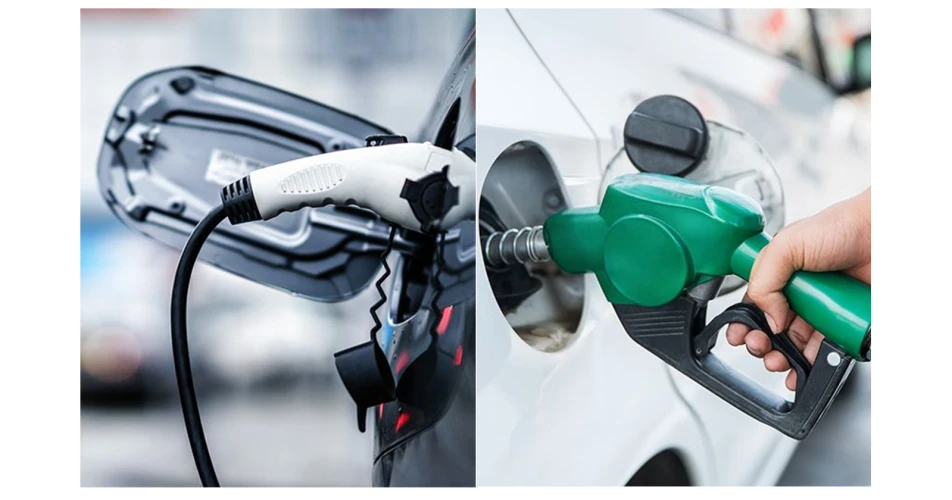One of the selling points of electric vehicles is that despite higher up-front costs, they are more economical to run in the long term and so will save the owner money when compared to a petrol or diesel models. However, there appears to be some conflicting information about how big these savings can be.
For example, a survey carried out by global vehicle charging specialist CTEK and based on UK data suggests that drivers pay 7p a mile to run an EV compared to 20.3p a mile for petrol and 18.6p per mile for diesel. In terms of price increases, in the last two years EV drivers have seen a 40% increase with petrol up 27% and diesel up 35%.
Putting these figures together, the survey estimates a driver doing 10,000 miles a year could save £1,325 a year compared with a petrol vehicle driver and £1,163 over diesel.
Meanwhile a contrasting set of figures have been produced by Compare the Market. It found, based on a lower mileage, and again UK prices, that an electric vehicle was £579 cheaper on average than a petrol car over a year, when taking into account fuel, insurance and road tax.
The survey points out that EVs are generally more expensive to insure, while home charging points also need insurance.
Taking an average of the two surveys, it would suggest that an annual saving of around £950, or €1140, is achievable by making the electric switch.
Looking at price differences, on the popular Hyundai Kona, a base mild hybrid petrol version would cost €24,645 in Ireland, compared to an electric version at€31,495. This would equate to six years before any overall saving were made by the driver.
Figures for the Volvo XC40 are €51,440 for mild hybrid petrol and €58,730 for full electric, again indicating just over six years before any genuine cost saving could be made.
Of course there are other major influencing factors on an electric vehicle purchase and with great volatility in the energy markets it is impossible to say how future costs will pan out. However, it would seem that at the moment, in the face of a cost of living crisis, the switch to electric does not provide any instant answers.
